This question lies at the heart of millions of self-medicating habits, late-night drinks, and morning-after regrets. Alcohol and anxiety have a complicated relationship, one that science, psychology, and personal experience all attempt to unpack.
In this article, we’ll dive into how alcohol affects the nervous system, explore its short- and long-term psychological consequences, and unpack how different patterns of alcohol use can impact anxiety. Whether you’re curious, concerned, or supporting someone struggling, this breakdown will give you clarity and guidance.
How Alcohol Affects the Brain and Anxiety Pathways
Alcohol is classified as a central nervous system depressant, meaning it slows brain activity. Initially, it suppresses inhibitions and promotes feelings of relaxation by enhancing the effects of GABA, the brain’s primary calming neurotransmitter.
But that same mechanism also disrupts the brain’s balance of dopamine, serotonin, and cortisol regulation—three critical components in mood stability and stress response. Over time, alcohol creates a rebound effect: the more you drink to relax, the more anxious your baseline becomes without it.
The “Relief Trap”: Why Alcohol Feels Good but Backfires
Many people drink to “take the edge off”—social anxiety, stress from work, or deep-rooted emotional pain. And it works, temporarily. That short-term calm, however, is part of a cycle:
-
Immediate Effect: Lowered inhibitions and reduced anxiety.
-
Next Day: Heightened stress response and disrupted sleep.
-
Long-Term: Greater reliance on alcohol to manage anxiety, leading to dependence or worsening mental health.
Clinical studies have found that even moderate drinkers are more likely to experience increased anxiety symptoms the day after drinking, especially if sleep quality is affected.
Alcohol-Induced Anxiety: Is It Real?
Yes—Alcohol-Induced Anxiety Disorder is recognized in clinical settings. It includes symptoms like:
-
Panic attacks after drinking
-
Restlessness or paranoia
-
Racing thoughts
-
Physical symptoms (palpitations, tremors, chest tightness)
This isn’t just hangover discomfort—it’s a neurochemical backlash that can last hours or even days. People with existing anxiety disorders are even more vulnerable to these effects.
Does the Type of Alcohol Matter?
While people often report that wine “calms them” or that whiskey is more “grounding,” the active compound—ethanol—is the same across all types of alcohol. What differs is:
-
Sugar content (which can impact mood)
-
Rate of consumption
-
Psychological expectations (placebo or cultural associations)
In short: it’s not about red wine vs. beer—it’s about how your body and brain respond to the dose.
Alcohol, Anxiety, and Sleep: A Dangerous Mix
Sleep plays a critical role in emotional regulation. Alcohol disrupts REM cycles, often leading to fragmented sleep and heightened anxiety upon waking. The result? You wake up more stressed, even if you fell asleep easily after a drink or two.
Chronic sleep disturbance from alcohol has been directly linked to generalized anxiety disorder (GAD), particularly in individuals who rely on alcohol to fall asleep.
Who Is Most at Risk?
People who fall into the following categories are at increased risk of anxiety being worsened by alcohol:
-
Those with a family history of mental health issues
-
Individuals with social or generalized anxiety disorders
-
Anyone using alcohol as a coping mechanism (rather than recreationally)
-
People experiencing trauma or PTSD
Breaking the Cycle: Can Cutting Back Help?
Absolutely. Even reducing alcohol intake by a few days a week can result in:
-
Improved sleep
-
Lower cortisol levels
-
More stable moods
-
Greater resilience under stress
Many report that within 2 to 4 weeks of abstaining, anxiety levels drop significantly. In some cases, alcohol may be the hidden trigger for a person’s chronic anxiety.
When to Seek Help
If alcohol use feels like a crutch, or you’re noticing your anxiety intensify after drinking, it might be time to consult:
-
A mental health professional
-
An addiction counselor
-
A general practitioner (for possible referrals)
Support doesn’t have to mean rehab—even a conversation can be the first shift toward freedom.
Final Thoughts: The Hidden Cost of the Buzz
Alcohol may feel like a friend in the moment—but for many, it’s a hidden saboteur. The temporary calm masks a deeper disruption to emotional balance and mental health. If anxiety is something you battle, looking honestly at your drinking habits might reveal more than you expect.
Exploring that link isn’t about guilt—it’s about empowerment. Knowing the truth puts the power back in your hands.
Are You Struggling with addiction?
Recognising that you need help is the first step towards recovery. Professional treatment tailored to your individual needs with our 23 day effective program will break the cycle of addiction, restore balance, and rebuild a healthy relationship with oneself and others.


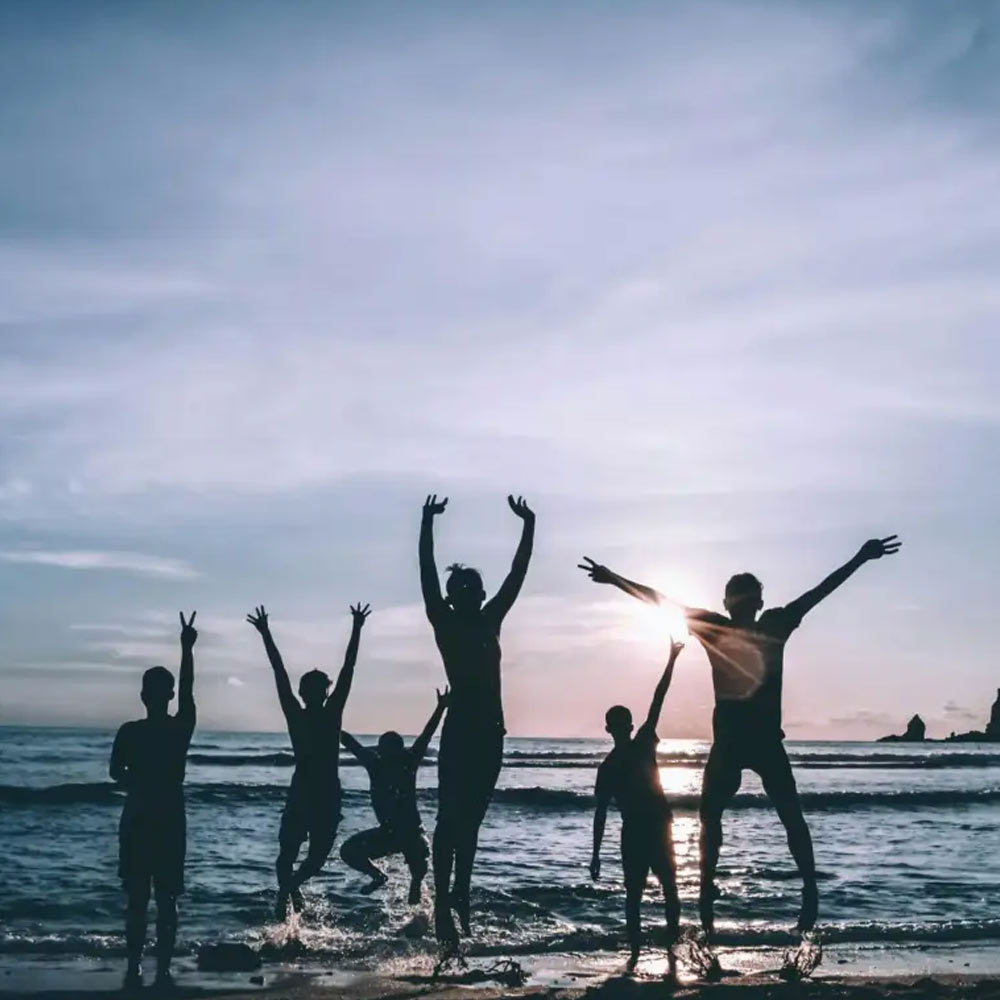

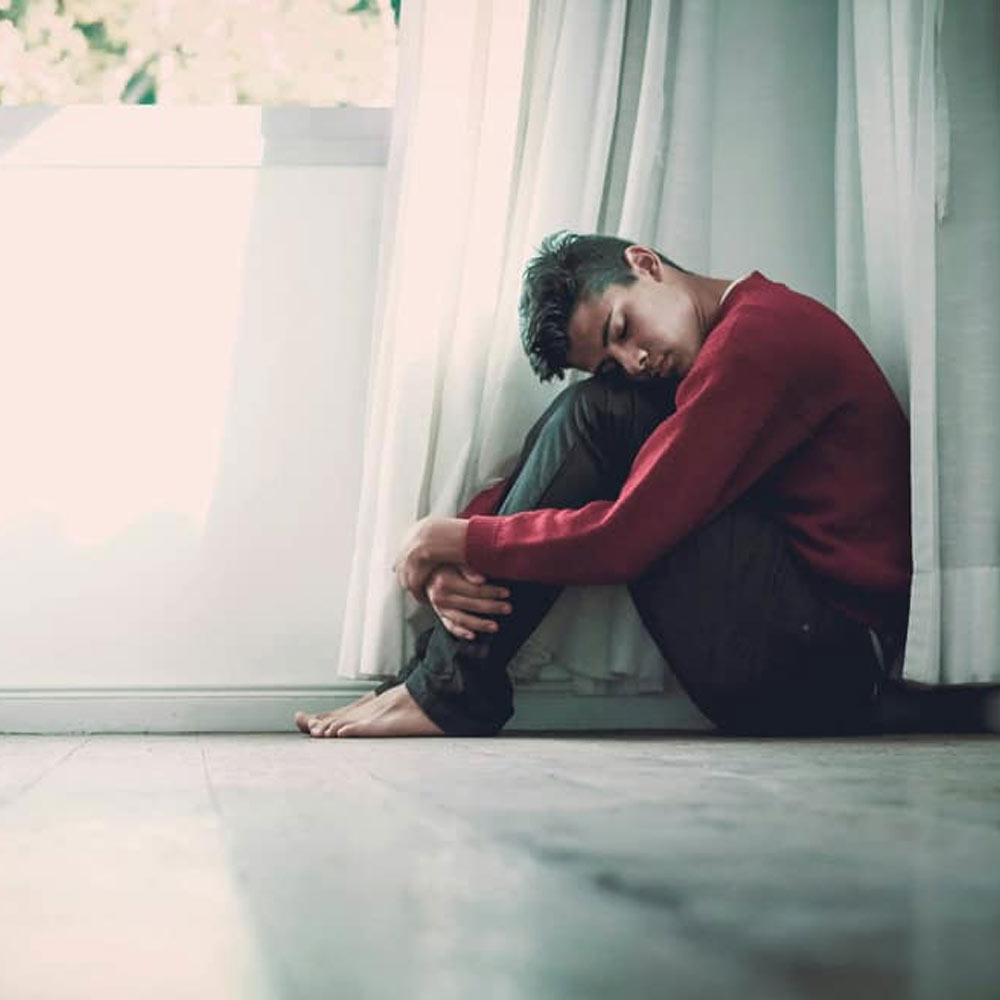
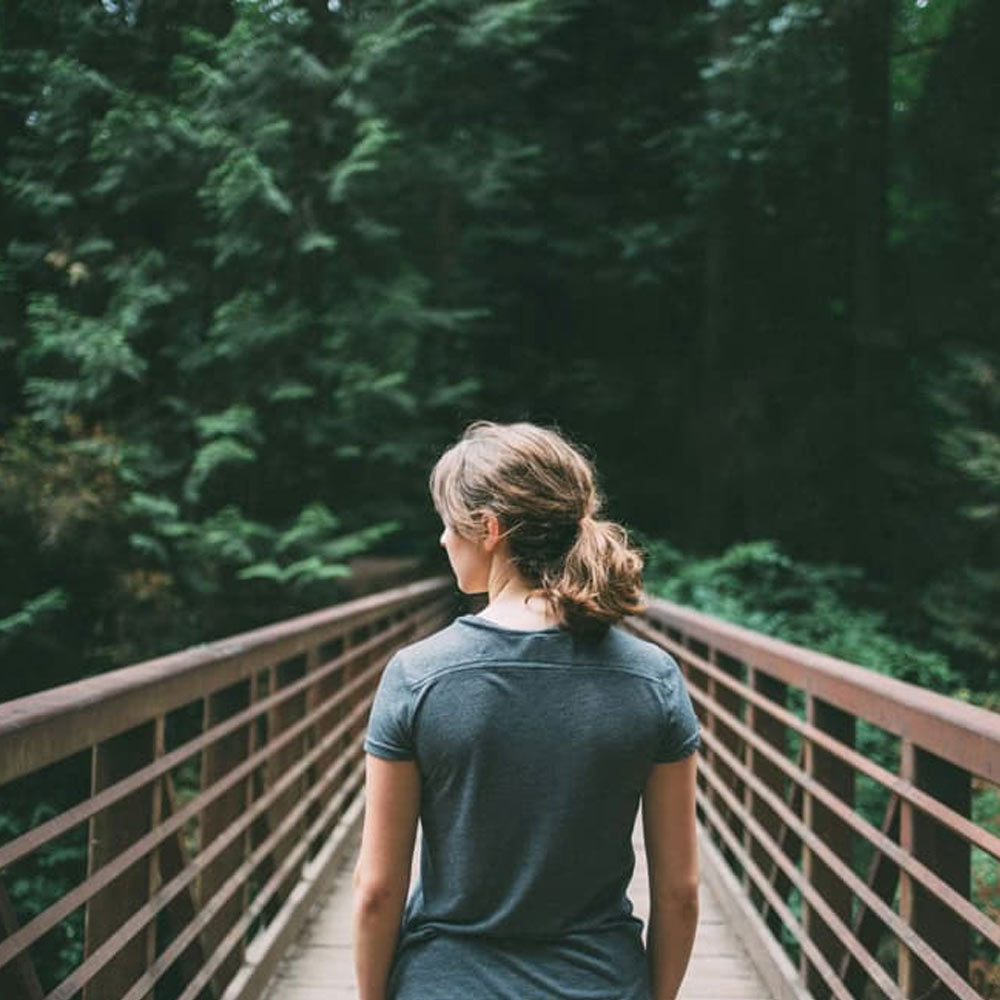
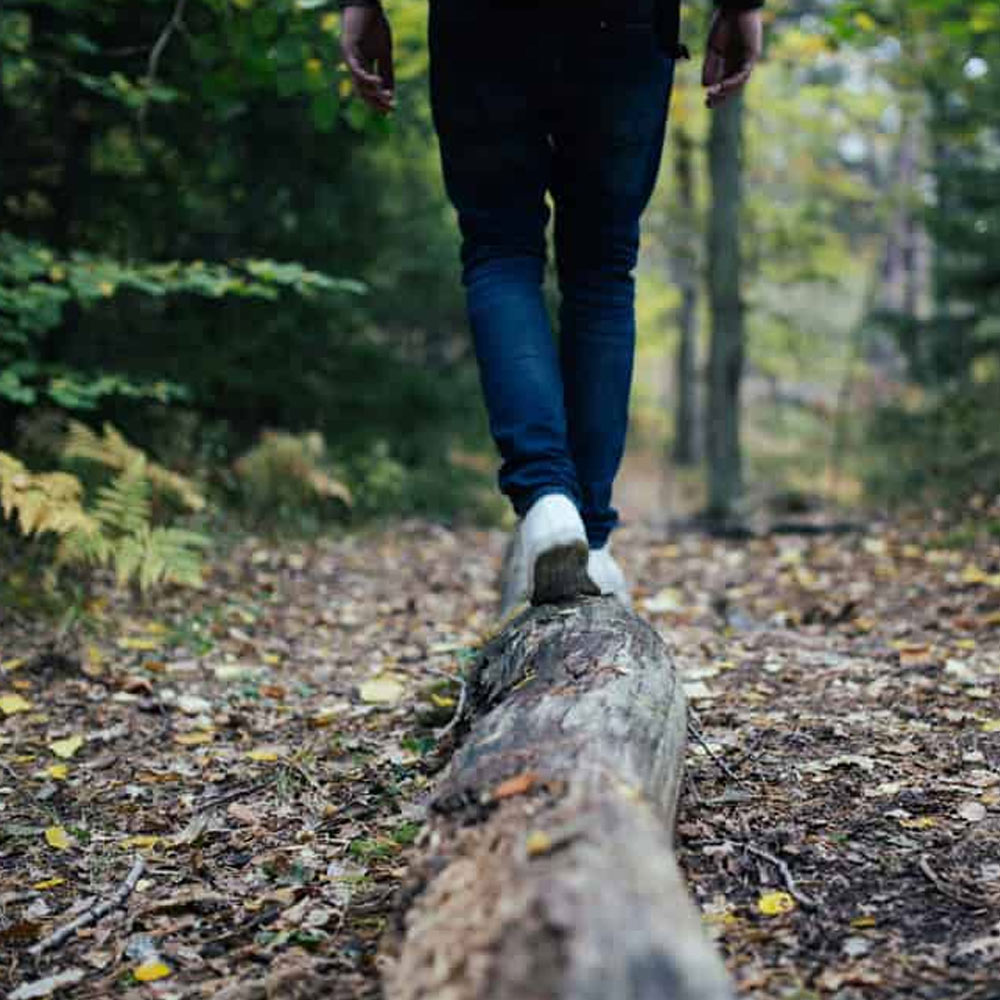
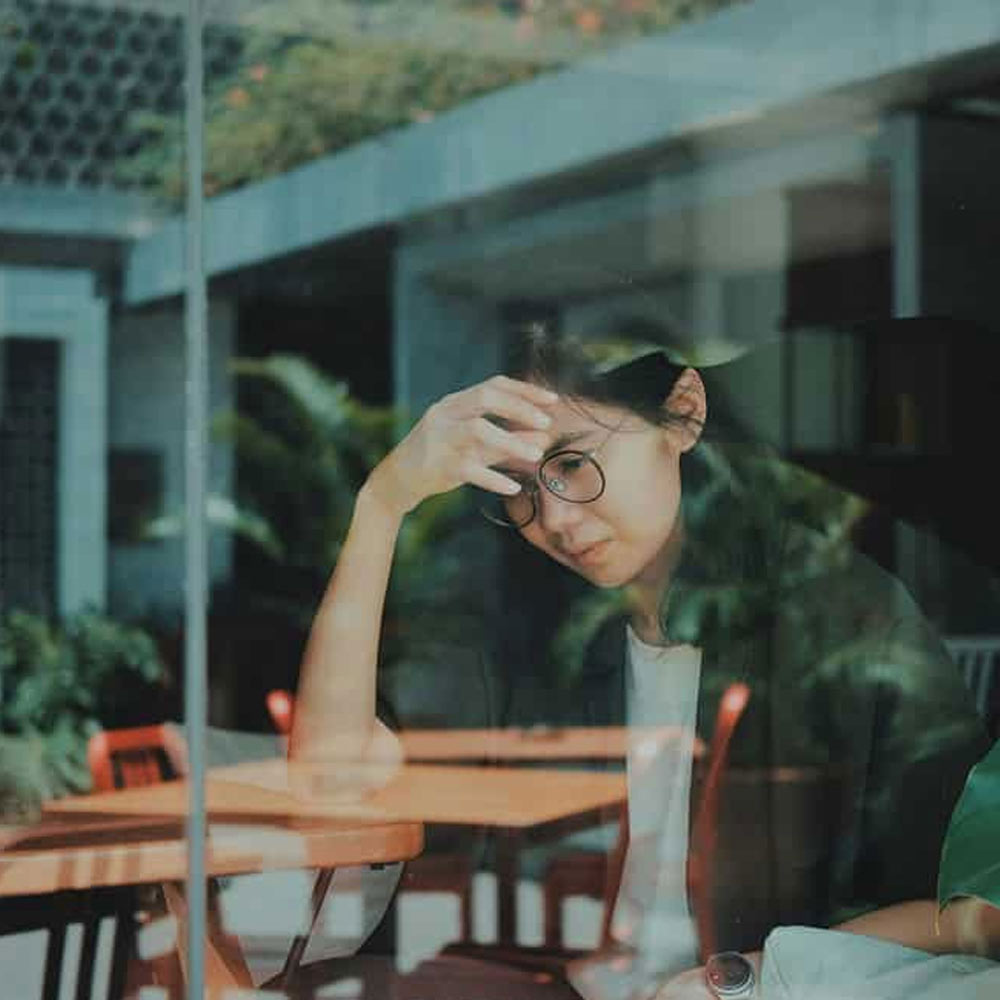
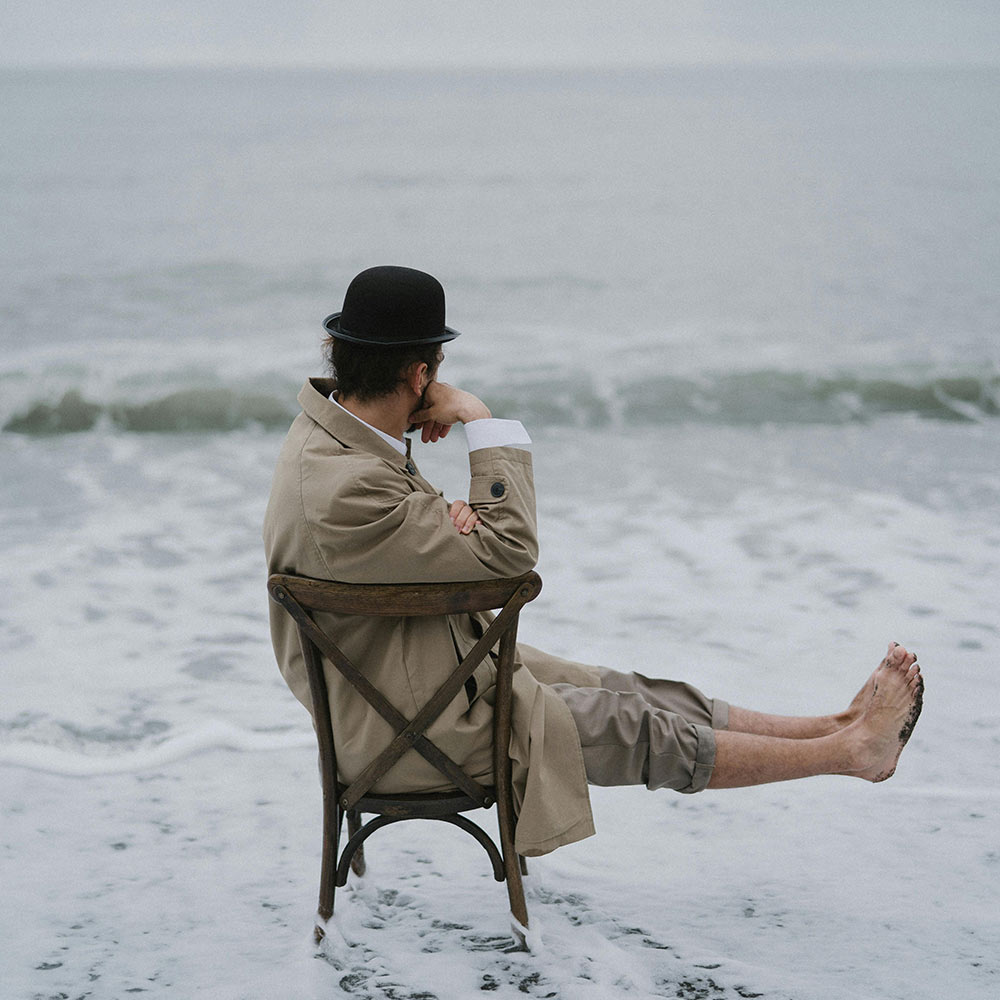
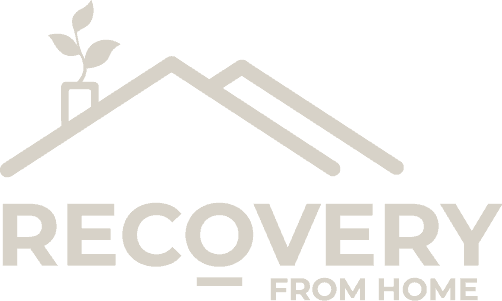
Leave A Comment